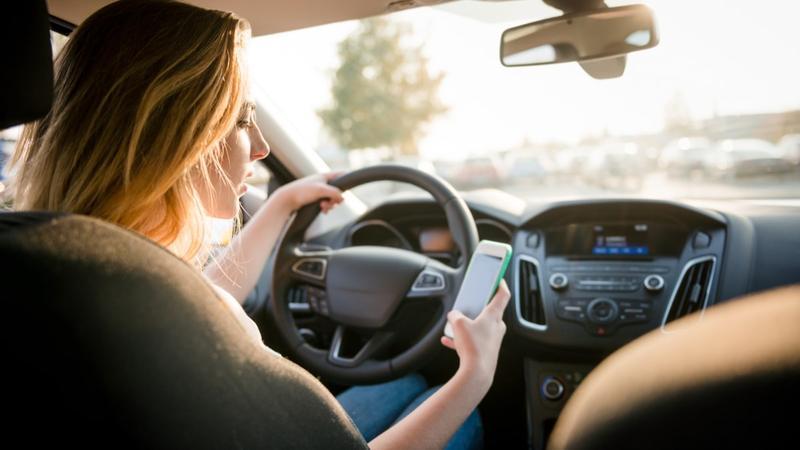PRESS RELEASE: January 11, 2012 - Drivers should be aware that there are many other types of distracted driving – not just using a mobile device. InsuranceHotline.com encourages drivers to understand the various types of distractions and to ensure these bad habits are avoided while driving a car.
Driving a vehicle requires a driver’s full attention. When drivers take their eyes off the road for more than two seconds, their accident risk can double and cause serious damage to themselves and other people. Distracted driving can harm not only yourself, but others as well. It’s the driver’s responsibility to be alert and drive safely.
The Insurance Bureau of Canada has provided research on distracted driving. Here are some quick facts:
- One study showed that nearly 80% of crashes involve some form of driver inattention within 3 seconds before the event
- Driver distraction is estimated to be a contributing factor in 8 out of every 10 police-reported crashes
- The average driver needs to keep track of 3,000 items during rush hour. (This includes signs, traffic lights, other vehicles, passengers and pedestrians, road and weather conditions, and more)
- Talking on cell phones (hand-held or hands-free) while driving makes drivers 4 times more likely to crash.
Types of distracted driving to avoid
- Using a mobile device – cell phone or GPS
- Reading maps
- Grooming – applying make-up
- Eating or drinking
- Programming the radio or changing CDs
- Carrying on a conversation with passengers
- Tending to children or pets
- Looking at billboard signs
If you are caught using a mobile device in Ontario, police may issue a ticket for the offence that will cost the driver $155 (fines vary for each province). While there are no demerit points associated with this offence, you will still have a ticket on your driving record that may cause your car insurance rate to increase.
Tips to stay safe while driving
- Turn off cell phone while driving; only use cell phones when the vehicle is parked or be sure to purchase a Bluetooth device
- Attend to personal grooming prior to driving
- Eat or drink before entering the vehicle
- Preset GPS device before getting on the road
- Be well rested
It is crucial for driver and passenger safety to remain alert at all times while driving. Make sure to stay focused and pay attention to the road. Everything else can wait – the main concern is to arrive safely. Don’t forget that causing an at fault accident will likely impact insurance premiums significantly; however, there are ways to keep insurance premiums lower – by shopping insurance rates.
